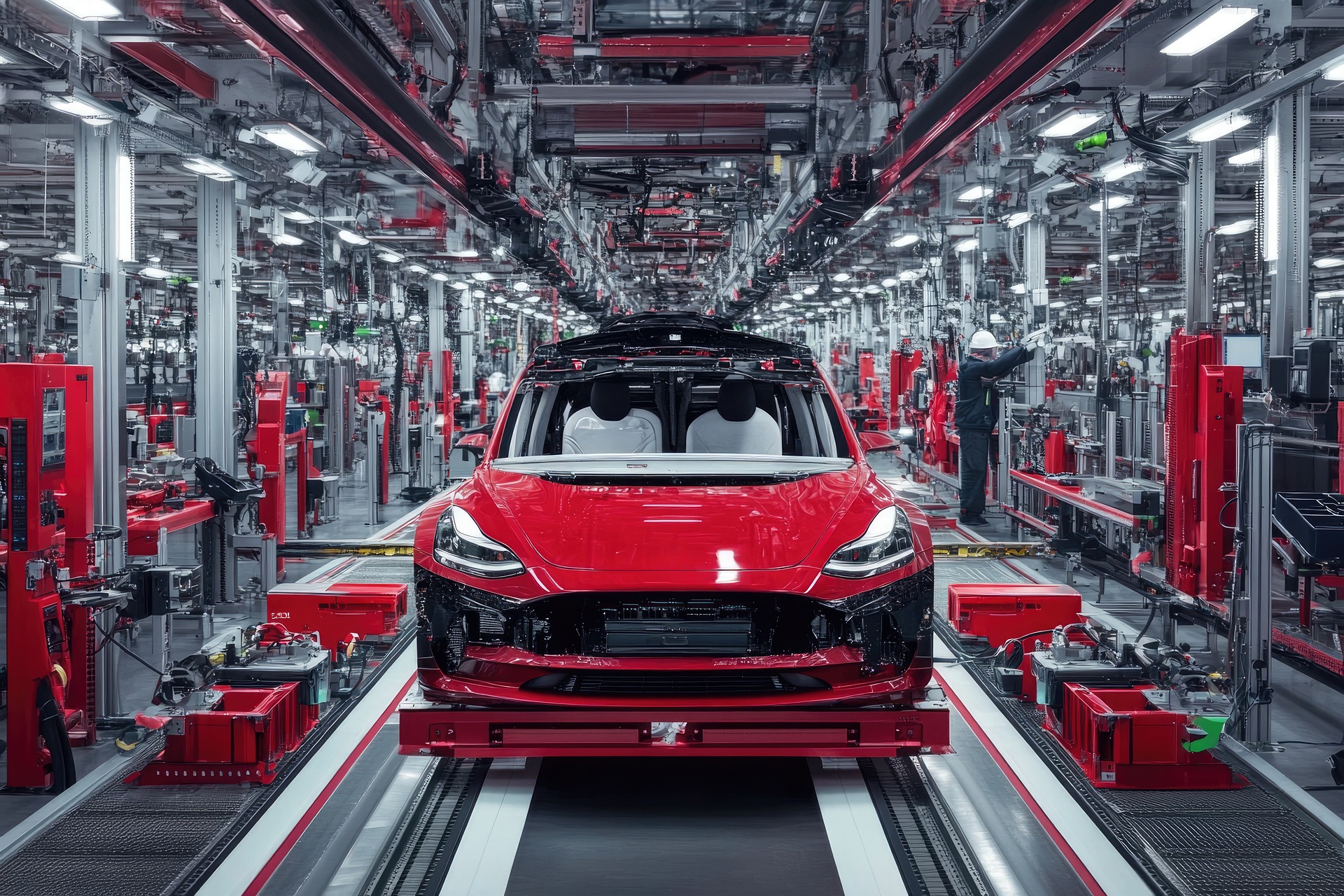In a significant move within the global automotive sector, Honda and Nissan are reportedly considering a strategic tie-up with Mitsubishi Motors, aiming to create one of the largest automotive groups worldwide. The discussions highlight the evolving dynamics of the industry as manufacturers seek to navigate major shifts, including the transition to electric vehicles (EVs), the rise of new technologies, and increasing competition from both traditional and non-traditional players.
A Changing Landscape in the Automotive Industry
The automotive industry is undergoing a period of unprecedented change, driven by the global push toward electrification, stricter environmental regulations, and the emergence of autonomous driving technologies. These transformations are prompting traditional carmakers to reassess their business models and form alliances to pool resources, accelerate innovation, and improve competitiveness.
Honda, Nissan, and Mitsubishi—three key players in Japan’s automotive sector—have long been part of the same alliance under the umbrella of the Renault-Nissan-Mitsubishi Alliance. However, the proposed new partnership between Honda and Nissan with Mitsubishi could mark a deeper integration, potentially consolidating the resources and expertise of the three automakers into a unified powerhouse in the automotive market.
Key Drivers Behind the Potential Alliance
- Electric Vehicle Development: The shift to electric vehicles is one of the most significant changes the automotive industry has faced. As demand for EVs continues to grow, carmakers must invest heavily in research and development to produce affordable, high-performance electric cars. A three-way alliance could enable the companies to share costs and technologies, accelerating their EV offerings in the competitive global market.
- Cost Synergies and Production Efficiency: By pooling their resources and manufacturing capabilities, Honda, Nissan, and Mitsubishi could streamline production, reduce operational costs, and improve efficiency. This would be especially important as carmakers face rising raw material costs and the financial burden of transitioning to more sustainable vehicles.
- Global Reach and Market Penetration: The collaboration would allow the automakers to leverage their collective presence in key markets across Asia, Europe, and North America. Mitsubishi’s strong footprint in emerging markets, combined with Honda and Nissan’s established reputations, could help create a formidable presence in both developed and developing regions.
- Collaborative Research in Advanced Technologies: Beyond electric vehicles, the alliance would likely focus on next-generation technologies, including autonomous driving, artificial intelligence, and smart manufacturing. Joint investments in R&D would enable the companies to stay ahead in these rapidly advancing areas.
The Strategic Context
The prospect of a deeper collaboration among Honda, Nissan, and Mitsubishi comes at a time when automakers are seeking to manage growing pressures from electric vehicle startups and tech giants such as Tesla, which has disrupted the traditional auto industry with its focus on electric cars and autonomous driving technologies.
For Nissan, the alliance could provide stability after several years of leadership changes and declining profitability. Mitsubishi, which has been struggling with brand perception and sales in recent years, could gain access to new technologies and capital investment through the alliance. Honda, already a leader in innovation, could strengthen its position in the fast-growing EV market and benefit from shared technological advancements.
The move also fits into a broader trend in the automotive industry, where companies are increasingly seeking strategic partnerships and alliances to share the enormous costs of innovation. It reflects a growing recognition that success in the new automotive era will depend on collaboration rather than competition.
Potential Implications for the Industry
The creation of a new alliance between Honda, Nissan, and Mitsubishi could reshape the automotive landscape, posing both opportunities and challenges. On one hand, the collaboration could foster faster innovation, lower costs, and enable the companies to offer more competitive products. On the other hand, it could also lead to concerns over reduced competition in the market, potentially affecting consumer choice and pricing.
Additionally, the alliance could have significant consequences for other global automotive players. Rivals such as Toyota, Volkswagen, and General Motors will likely feel the pressure to forge their own partnerships or ramp up their efforts in EV development to maintain their competitive edge.
Looking Ahead
While the talks between Honda, Nissan, and Mitsubishi are still in the early stages, the potential for a strategic alliance is high. Should the companies move forward, the collaboration could bring together decades of automotive expertise and resources, creating a formidable force in the global auto industry. As the automotive world continues its rapid transformation, the outcomes of this potential tie-up will be closely watched by industry analysts, competitors, and consumers alike.
This strategic move underscores the broader shift within the automotive sector as manufacturers adapt to new technological, environmental, and economic challenges. The development of this alliance, if finalized, could be a defining moment in the industry’s evolution, signaling a new era of cooperation and innovation.
Image by kp yamu Jayanath from Pixabay



